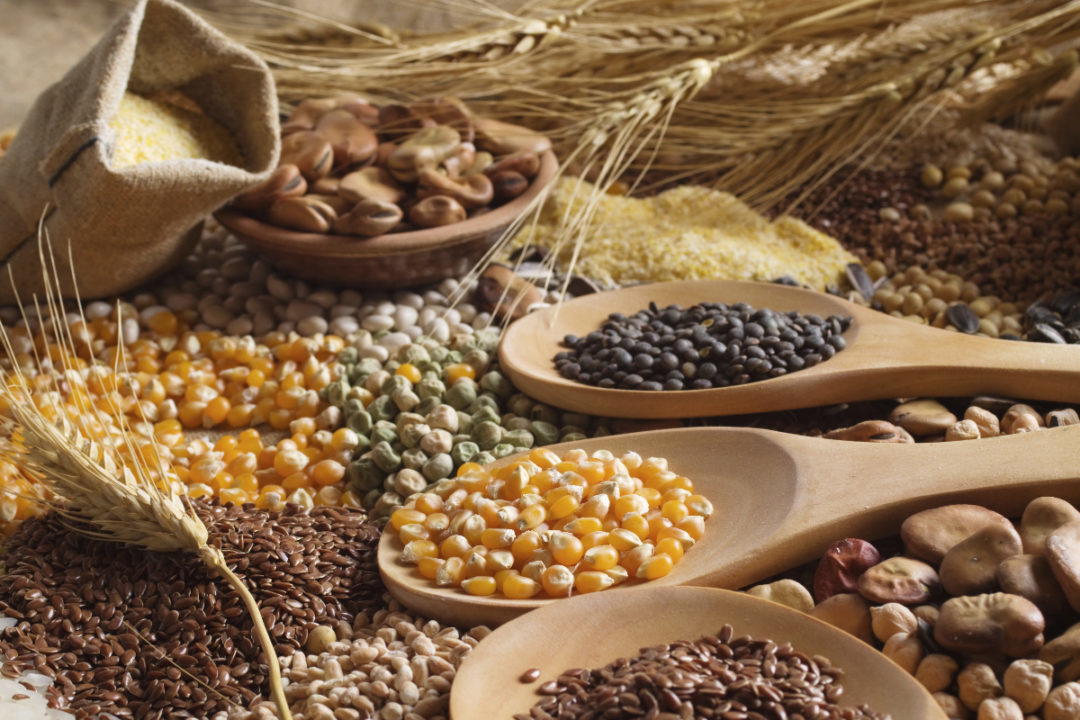



Article by: Hari Yellina
Ahead of the anticipated agreement between Ukraine, Russia, and Turkey, grain exports from the Black Sea have already been taken into account by global markets. According to Reuters, a UN-led accord clearing the way for the shipment of some 20 million tonnes of grain locked in silos in Ukraine is scheduled to be signed in Turkey this evening. Although Chicago wheat futures had decreased by roughly $10 a tonne overnight, grain analyst at Thomas Elder Markets Andrew Whitelaw said there was considerable doubt as to whether the agreement would actually go through. “Since mid-May, there has been a lot of discussion. It has often times come extremely close,” he explained.
“We have seen a slight easing of some of the sanctions against Russia in the previous week, so it is probably closer to reality today. “That was one of the demands or worries Russia had. Before allowing for the shipment of Ukrainian grain, they sought to examine the sanctions. Before the Russian-Ukrainian conflict, grain supplies were already scarce and prices were high. Cheryl Kalisch Gordon, a senior commodities analyst at Rabo Research, claimed that the conflict further drove the market, with wheat occasionally fetching prices that were twice the five-year average in the last six months. She stated that “the price has consistently been sitting about 80% over five-year average pricing” in recent months.
For many parts of the world that are especially dependent on wheat as a staple food commodity and the import of that wheat, it is therefore very costly. However, according to Ms. Kalisch Gordon, prices have recently decreased in part as a result of anticipation and optimism that an agreement will be reached to move grain out of the Black Sea. “Prices have fallen recently. They kind of resemble the situation we had before the battle started. We are roughly 45% above the five-year average and at our lowest point in several month,” she spoke. According to Ms. Kalisch Gordon, if the agreement was signed, the market would decline much further.
According to Mr. Whitelaw, more Russian grain and fertiliser exports are anticipated as a result of the agreement and probable truce. The truth, according to Mr. Whitelaw, is that a significant Russian crop is about to begin. “This year saw a record wheat production, so they’ll want to export it to bring in some foreign income. Additionally, they have been exporting fertiliser, which is now categorically excluded from the penalty regime, so they will be aiming to increase their shipments.